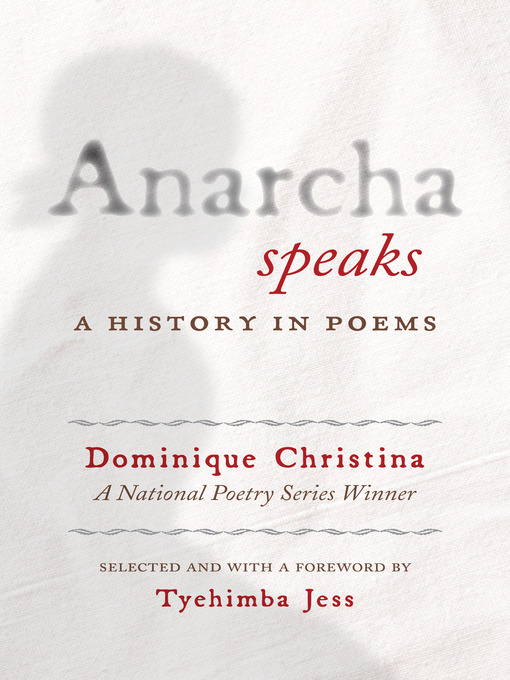- Newest eBooks
- Available Now eBook Classics
- Available Now
- Diverse Romance
- Celebrate Hispanic Heritage
- Dark Academia
- Native American Heritage
- Romantasy
- Diverse Cozy Mysteries
- Greek Myth Retellings
- National Poetry Month
- The Immigrant & Refugee Experience
- Diverse Memoirs
- See all ebooks collections
- New audiobook additions
- Available Now Audiobook Classics
- Available now
- New kids additions
- New teen additions
- Diverse Romance
- Celebrate Hispanic Heritage
- Dark Academia
- Native American Heritage
- Romantasy
- Diverse Cozy Mysteries
- Greek Myth Retellings
- National Poetry Month
- See all audiobooks collections

